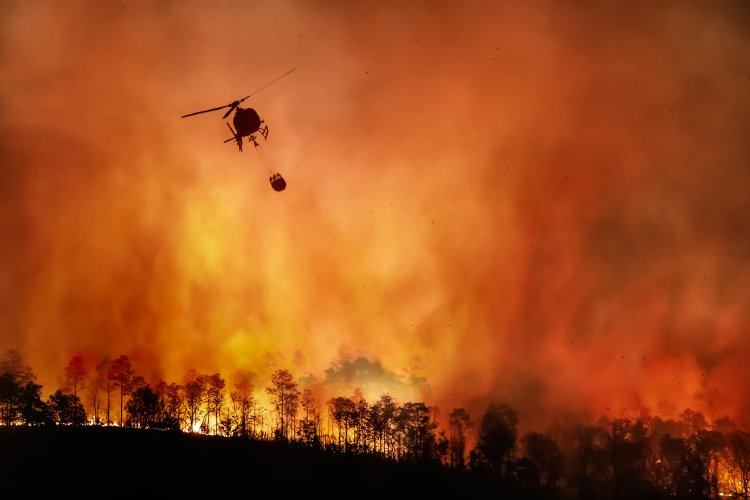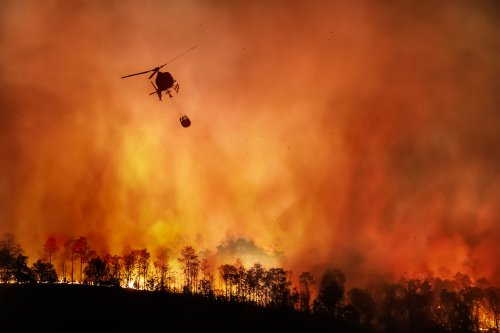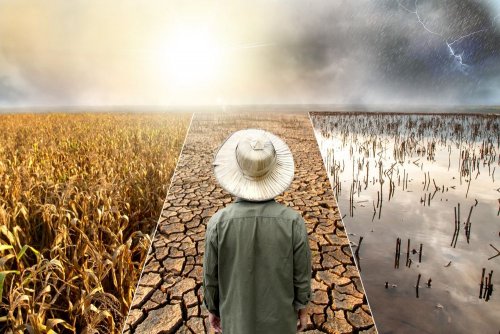The World Bank, in partnership with the European Commission, has published a series of reports that show that the European continent is unprepared to cope with the effects of climate change in the coming years.
The World Bank has posted the relevant documents on its website.
Among the most alarming conclusions is the following: The EU could lose 7% of its GDP due to climate change by the 2030s.
According to one of the reports, Economics for Disaster Prevention and Preparedness, climate-related weather events last year already cost Europe more than 77 billion euros. But the bank notes that the cost could be reduced with better data and financing strategies.
In the report, World Bank experts noted that although European countries are taking serious measures to prepare for these consequences, more needs to be done. They recommended paying particular attention to critical sectors, such as those providing emergency response services. For example, half of the EU member states have fire stations located in areas where there is a risk of more than one natural disaster.
One of the reports is devoted to the issue of funding for increasing climate adaptation preparedness. It notes that investing early is much more cost-effective than investing late, and that prioritization is the best way to focus spending.
Therefore, World Bank experts recommended that EU countries direct funding to more risk-prone areas or assets that may be vulnerable to the effects of a disaster and pose a danger to people or cause serious failures, such as aging infrastructure or critical networks.
According to one report, the cost of climate adaptation will range from 34 to 110 euros per person per year, depending on where you live. The total costs of adaptation in the European Union by the 2030s could range from €15 to €64 billion per year, implying an adaptation financing requirement of between 0.1 and 0.4 percent of EU GDP.
Solen Dengler, Senior Climate Change Adaptation Specialist at the World Bank, believes that EU countries should conduct more in-depth research at both national and sectoral levels to identify adaptation gaps, costs and benefits of adaptation measures and track adaptation costs and implementation of these measures.
The disaster report concludes with several specific examples, such as forest fires and extreme heat in Bulgaria, the impact of floods on transport in Romania and forest fire prevention in the forestry sector in Sweden. But the experts who worked on the document say that better data is needed to adapt to climate change and eliminate the threats caused by it.
"There is a lack of information on the projected consequences of climate risks in the short to medium term from the 2030s to the 2050s, especially for assessing industry or investment portfolios," says Dengler.
She separately emphasized that climate change adaptation is complementary to climate change mitigation. The expert is convinced that action in both cases is economically beneficial and can reduce direct losses from natural disasters and climate impacts and have wider social and environmental benefits.
The authors of the report concluded that the European Union will need a significant expansion of public, private and mixed financing, and that investment planning and financial strategies are not yet sufficiently informed by an understanding of the cost of adaptation to climate change at the national and EU level.
Earlier, EcoPolitic reported that UN predicted an increase in the frequency of natural disasters by 2030 by almost half.
Also, EU should invest 600 billion euros in energy infrastructure for the sake of green transition.
Earlier we talked about how big businesses are competing for 40 billion euros from the EU to reduce carbon emissions.





